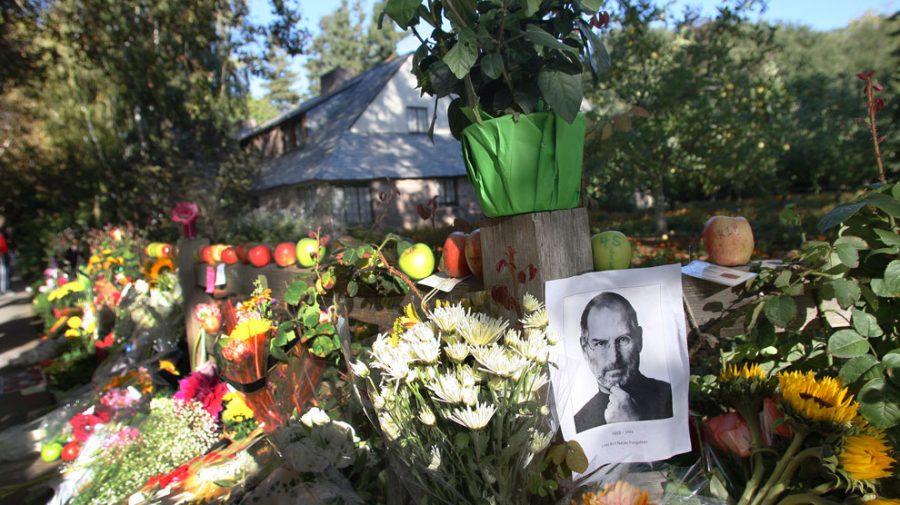Times have been both hopeful and disheartening for Apple. In one week, the company unveiled a new successor in its iPhone lineup, but suffered the loss of its visionary CEO, Steve Jobs, who died last Thursday.
Apple announced the iPhone 4S last week in lieu of the much-anticipated iPhone 5. The newest iPhone boasts a new, faster dual-core A5 chip (just like the iPad 2), a new eight-megapixel camera and Siri, a personal assistant app that can schedule meetings, locate restaurants and report the local weather forecast all by using the voice of its user.
With the launch of iPhone 4S also comes the launch of iOS 5, Apple’s mobile operating system, which includes new features such as a notification center, allowing notifications to appear at the top instead of interrupting users; iMessage, which allows all iOS 5 users to message each other; and newsstand, which gathers all newspaper and magazines in one place. Overall, iOS 5 will have more than 200 new features and debuts Oct. 12.
Crowd reaction to the iPhone 4S could best be described as disappointed. The iPhone 4S is not the iPhone 5 that everyone wanted and expected from Apple. The iPhone 4S is similar to the iPhone 3GS, which was an incremental update to the iPhone 3G, not a revolutionary redesign. The iPhone 4S looks like the current iPhone 4 despite its new internal hardware and software.
Also disappointing was the non-appearance of Steve Jobs at Apple’s keynote conference. Jobs had been the face of the company’s events and debuted its biggest inventions: the iPod, the iPhone and the iPad. Jobs stepped down as CEO last month allowing his planned successor, Tim Cook, to take his place. Cook opened and closed the keynote, but allowed deputies such as Phil Schiller, Apple’s senior vice president of worldwide product marketing, to debut the iPhone.
The disappointment that many were feeling with the iPhone 4S soon turned to sadness when Steve Jobs died the next day at age 56. Jobs, who had fought a battle with a rare form of pancreatic cancer, kept the severity of his sickness a secret. Details of his funeral were kept from the public, but many news reports say that his funeral was last Friday. Apple has set up an online method for grieving fans to express themselves and has said there will be no public memorial.
Jobs had always led a secretive life, all the while becoming famous as a technology visionary. There were many tidbits about Steve Jobs that many might not know on the site. Namely, he was adopted, a practicing Zen Buddhist, a vegetarian and co-founder of the animation film studio, Pixar.
Ultimately, it is the legacy of computers and electronics that Jobs will be most remembered for, according to many in the tech world expressing condolences at Job’s death.
“Steve, thank you for being a mentor and a friend,” said Facebook CEO Mark Zuckerberg on his Facebook profile. “Thanks for showing that what you build can change the world. I will miss you.”
President Barack Obama also offered a statement on Job’s death, “Steve was among the greatest of American innovators – brave enough to think differently, bold enough to believe he could change the world and talented enough to do it.”
Former Microsoft CEO Bill Gates wrote, “I’m truly saddened to learn of Steve Jobs’s death. Melinda and I extend our sincere condolences to his family and friends, and to everyone Steve has touched through his work.”
Jobs’ death touched many on the University of Alabama campus as well, including Tsun Zee Mai, associate professor of mathematics.
“I hope to be able to inspire my students the same way that Jobs inspired,” Mai said.









